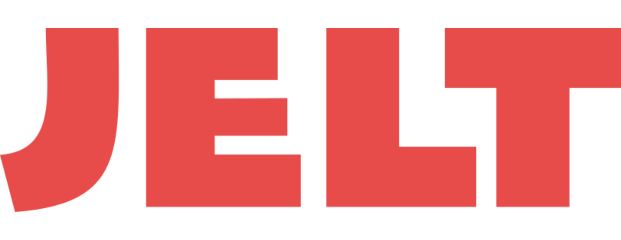Computer science, robotics and artificial intelligence are the forms of technology that have determined the most revolutionary social transformations in the contemporary era. The exponential acceleration of technological innovations seems now to have surpassed the possibility of science to reflect or to elaborate a full-fledged theory about it. Indeed, the crisis of Western science has shown that, perhaps, science itself – conceived as a free, disinterested form of knowledge without immediate practical implications - is not an irreversible conquest, but a singular historical event, limited in time and space, while the technological approach to knowledge may be the original form of apprehension of reality and a structural part of man's essence.
On this theoretical basis, and within a particular declination of philosophy of law, the journal publishes contributions and reflections about ethical and legal issues of technological challenge in the third millennium, with particular attention to legal informatics, information technologies, robotics and artificial intelligence. The authors who present their works here are called to reflect critically and in a free and cross- disciplinary way about philosophical, logical, ethical and cultural aspects of technolaw, that is the legal experience in the technological dimension of contemporary man.
JELT adopts a double blind peer review process for acceptance.
Home page

JELT - Volume 7 Issue 1
Articles
- Pag. 9-35
- Pag. 37-49
- Pag. 51-79
- Pag. 81-115
- Pag. 117-133
- Pag. 135-158
- Pag. 159-181

Editorial
- Pag. 1-2
Articles
- Pag. 3-28
- Pag. 29-63
- Pag. 65-83
- Pag. 85-109
- Pag. 11-144

 © 2025 Padova University Press - Università degli Studi di Padova
© 2025 Padova University Press - Università degli Studi di Padova